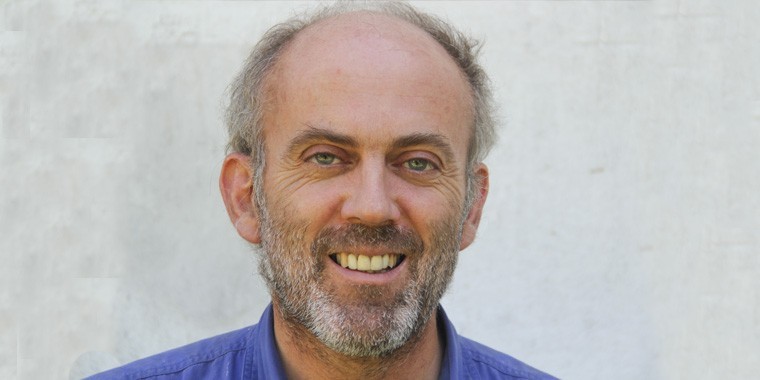It’s a job to know how to feel about the 12 months that lie ahead given that we now have a new government with a big majority and a mandate to ‘get Brexit done’ before 2020 ends.
On the one hand, I have to welcome the fact that the spectre of Corbynism with its radical tax and spend agenda, anti-business rhetoric and lack of any clarity about Brexit has receded. But on the other hand, under this new Conservative government, as a farmer I am now exposed to unprecedented levels of uncertainty. What will be the future of my subsidies, my agri-environment scheme funding and the protectionist EU trade tariff barriers that keep cheap food out of the UK?
Looking at some of the leading Conservatives during the recent election campaign sent a shiver down my spine. Given the unapologetic enthusiasm for free trade expressed by the likes of Michael Gove, Theresa Villiers and Liz Truss what future is there likely to be for my small-scale arable operation, my organic herd of pedigree Sussex cattle and my flock of North of England mule ewes post-Brexit in their brave new world of a ‘global Britain’?
“Get match-fit,” said Lord Price, former trade advisor and managing director of Waitrose at the CLA conference last month. ‘Everything we know is about to change,’ he predicted. Farmers would find themselves in a ‘global game’, and the most likely outcome of Brexit would be that the UK would not apply tariffs to imports so that Britain would enjoy cheap food adding: “Your competition will no longer be the farmer next door, it will be farmers in Mexico and the US.”
But such lectures to farmers from the likes of Lord Price are deeply patronising. What does he think I’ve been up to? Does he imagine that I’ve just been sat on my complacent bottom assuming that subsidies and tariff protection would just roll on forever?
My farm foreman and I now do the work that three of us used to do just four years ago, and that four of us did 10 years ago. Every penny that we decide to spend on machinery, arable and livestock inputs is endlessly agonised over.
We will continue to do our best, but there is only so much an individual or even co-operative group of farmers can do to make economies or boost output. However much one gets “match-fit” by investing in precision farming equipment or by cutting expenditure to the bone I am still stuck with land of decidedly mixed quality and a tricky climate. My labour and environmental costs are also much higher than farmers in less-economically developed countries. And these farmers can export their low cost production to the UK priced in a cheap currency (the Argentinian peso has lost 40% of its value against sterling over the past 12 months).
As this year progresses, hopefully we will start to get a much clearer idea of our farming futures. Clarity has to be welcomed but while we should certainly hope for the best we must prepare for the worst. Happy New Year.




